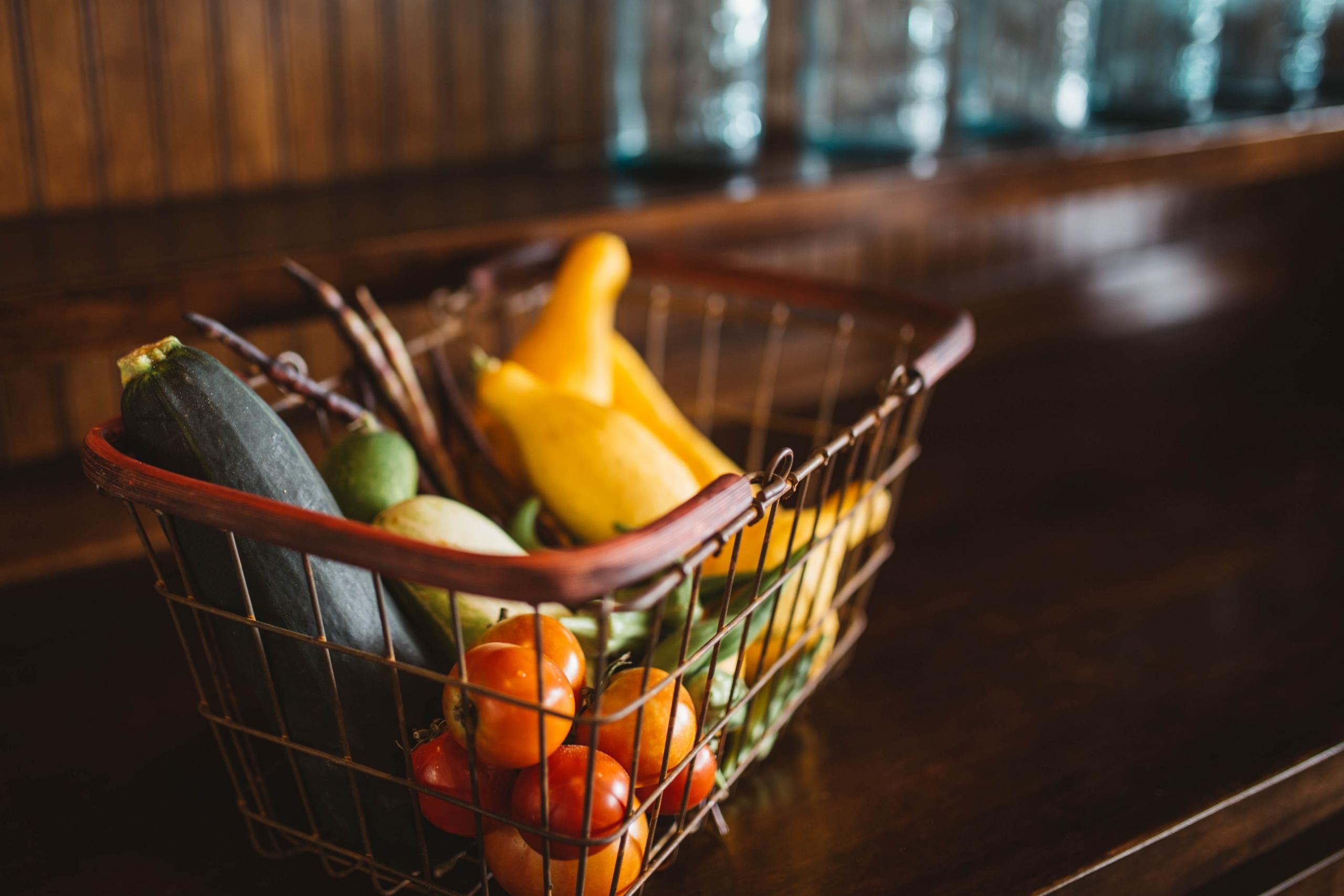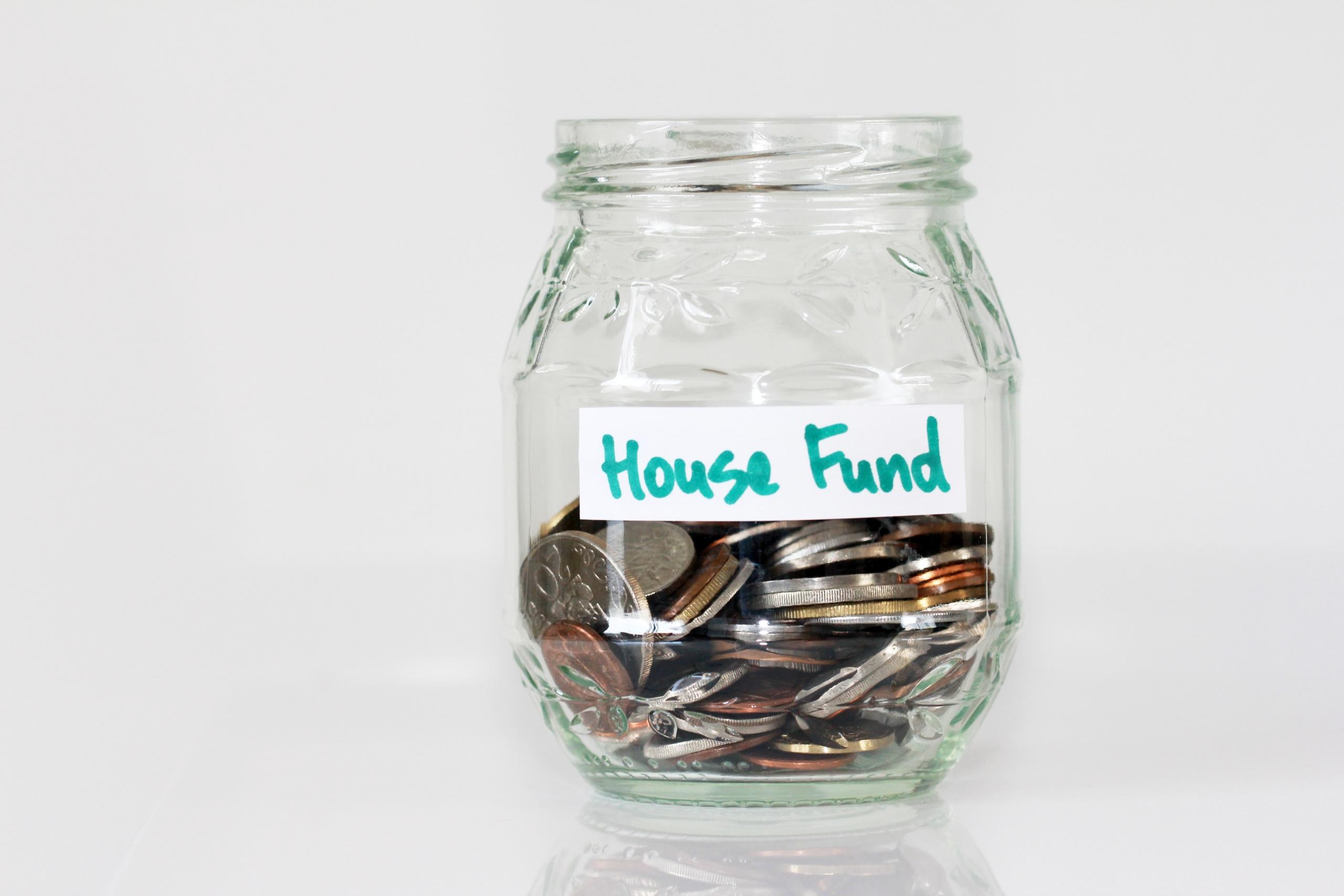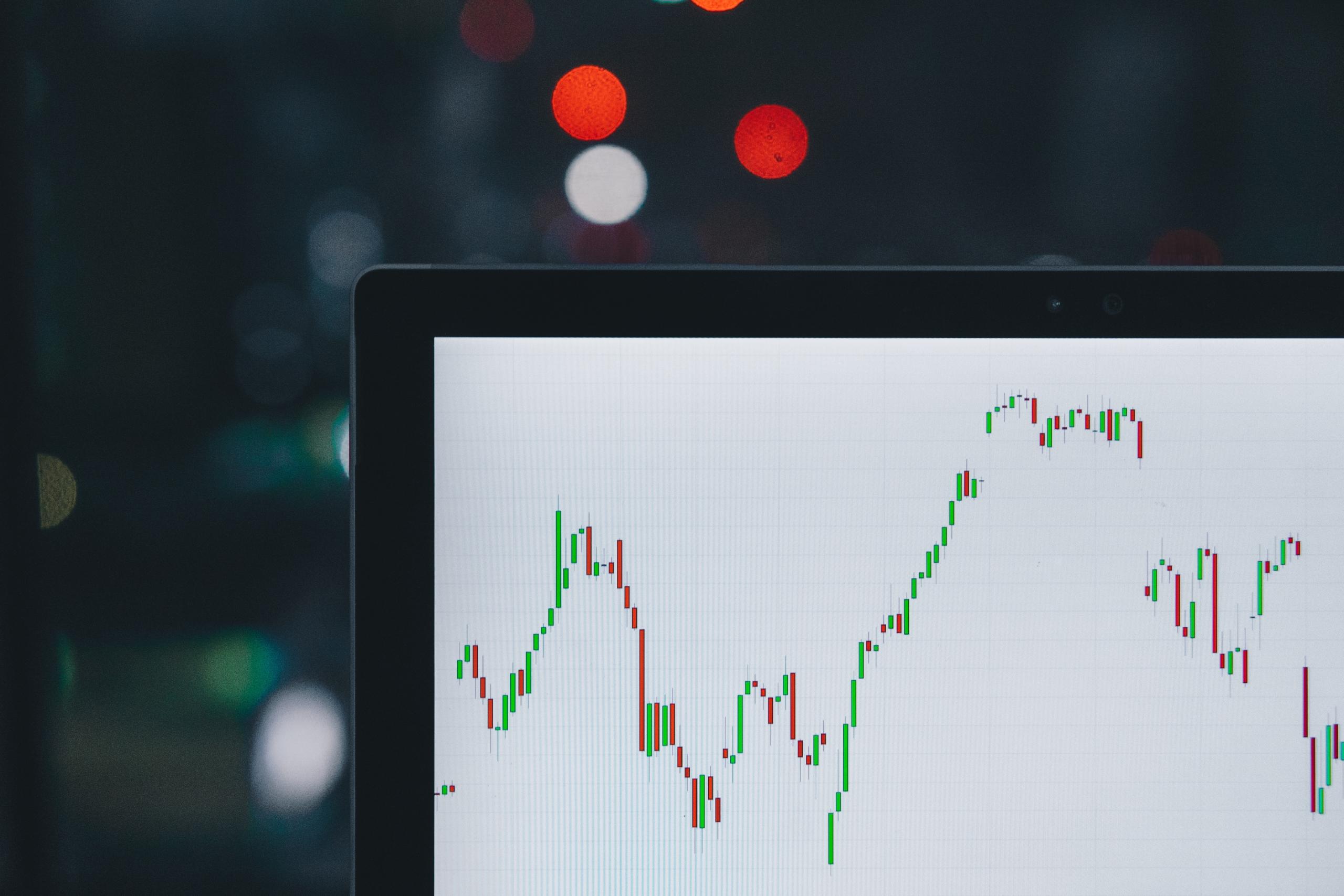As every experienced shopper knows, one of the particularities of prices is that they always go up. Their rise may not be visible straight away as it often comes down to a few cents but over time, we realise that we can afford fewer and fewer goods.
To make things even worse, our salaries don't always rise as quickly as prices, so if we don't want to be completely broke after some time, we have to look for promotions at work or even take on side jobs from time to time.
Although it is unlikely to sort out your financial problems immediately, you should know that the economic term for rising prices is inflation, so next time you hear about it on the news you will know that goods and services in Australia have probably become even more expensive.
The word "inflation" doesn't bring back good memories for most people, but surprisingly, it is not the case for everyone.
For instance, economists and the government aren't as hostile towards inflation as ordinary people living in Australia are.
Is that a conspiracy or is there a rational explanation behind that stance? That is going to be the topic of today's article.
And you can learn more about inflation in general from our other blog.

Inflation and interest rates
Inflation is a global process that affects the whole of the Australian economy, so ordinary people can hardly do anything to stop it. But what about the government?
The truth is that in a free-market economy, the government cannot directly regulate prices either but they vary depending on supply and demand. When the supply of a product is higher than the demand for it, its price goes down and the other way around.
In theory, the government could try to influence the supply of certain products through subsidies but that would encroach on free competition. So, supply and demand are outside the direct control of the government the same way prices themselves are.

What the government and more particularly the RBA (Reserve Bank of Australia) can, however, change is the supply of money in the Australian economy, which is another factor of inflation. That is done through monetary policies and interest rates.
When the policy interest rate set by the RBA is high, it is difficult for businesses and consumers to get funds. The supply of money gets lower and its value increases (or at least goes down slower).
If, on the other hand, the RBA lowers the policy interest rate in Australia, households and companies can take out loans at a cheaper cost, so money becomes less valuable and there is more inflation in the economy.
Thus, we can say the interest rate is inversely proportional to the inflation rate, which is already a bit of a contradiction for consumers as they would like to take out as many loans as they want without any rise in the cost of living.
It is the government and RBA's task to find a balance between the two that would be beneficial for the economy and acceptable for the Australian population.
You can better understand the concept of inflation with the help of our blog.
What is a good inflation rate for the RBA?
The RBA can try and control the inflation rate by adjusting its monetary policy and raising or lowing interest rates.
However, its objective is not to completely get rid of inflation even if it may seem preferable to the population as it would prevent the cost of living from climbing.
The problem is that a zero inflation rate is only possible at the cost of higher interest rates which, as we have already said, are considered too high a price by the government.
On top of that, inflation always fluctuates as it also depends on other factors than the policy interest rate set by the central bank of Australia. That means that there is always a risk of zero inflation turning into negative inflation or deflation.
Deflation is another topic that may seem counterintuitive to non-economists but it is generally considered bad for an economy.
To understand that, we need to look at how people would possibly react to deflation. Given that negative inflation rates means that the value of money will get higher with time, households will simply prefer to save currency in order to spend it later.
That will significantly reduce demand for goods and services on the market and lead to a slowdown in the economy.
Combined with higher interest rates, the consequences of deflation can be really catastrophic for both businesses and ordinary people.
As a result, the RBA prefers to aim for an inflation rate of 2 to 3 per cent as a safety margin against deflation and economic recessions in Australia. To better understand how the inflation rate is calculated, you can refer to our article.
So, if you are planning to buy something expensive and need to save some money, you should keep in mind that the inflation rate in Australia is likely to be positive over time, so your savings will lose part of their value.


Why does inflation get too high?
So far, we have been talking about low inflation rates, which are seen as a kind of happy medium by the government and central bank in Australia. That doesn't mean though that the same is true for high inflation.
On the contrary, there is also a consensus among economists that very high inflation is too tough for the population since it leads to an increase in the prices of goods and services and so the cost of living.
Nevertheless, high inflation unfortunately cannot always be avoided. As we have seen, the interest rate of the central bank is only one factor influencing inflation and there are others that are outside the Australian government and RBA's control.
One of them is the price of raw materials and fuel, which largely depends on the situation in global markets.
Of course, a high price of fuel alone is not enough to say that there is inflation but over time, it has a ripple effect on the economy which leads to an increase in the prices of other commodities as well.
The reason for that is that fuel is used for the production or delivery of a great number of goods and services, and has repercussions on their price.
So, when the price of fuel or essential raw materials, like timber, goes up, the RBA and the Australian government don't have a tool to prevent the inflation rate from rising.
The only possible solution would be to further raise the policy interest rate in Australia at the risk of slowing down economic growth. And that is actually what seems to be happening. For instance, the interest rate in Australia has already increased from 0.1 per cent to 3.1 per cent since May this year.
The impact of the Covid pandemic
The current increase in the inflation rate in Australia is among the highest ones for the last thirty years. It is estimated at 5 per cent and is likely to have a serious impact on the cost of living this year.
Yet, we can't say that it came unexpected either since one of its causes is the recent Covid pandemic.
And yes, the pandemic didn't only have consequences for our physical and mental health but also for the domestic and global economy.
Among other things, the government and the Reserve Bank have injected huge sums of money into the economy as part of stimulus packages. That was, of course, of great help to businesses and households. However, it also led to an increase in the supply of money on the domestic market, which made it less valuable.
On top of that, the situation in global markets is not that good either. The war in Ukraine has caused serious rises in the energy and food prices this year, which added to the consequences of the pandemic and made things even worse.

Is the current inflation rate a reason to worry?
High inflation is always a big problem for households and the recent rise in interest rates will put additional pressure on indebted households.
Nevertheless, we are still not in an economic crisis, so there is no reason to despair either.
One of the greatest news is that the Covid pandemic seems to be over now, so the economy should gradually start to improve.
Although high interest rates are probably there to stay for some time, once inflation gets under control again, the cost of living will stabilise for households and they will have less difficulty keeping to their budget.
What, however, should be learned is that inflation is always there, so the best way to face it is by staying informed and adapting your spending plans to the current circumstances.
In the beginning, it may look like a challenging task but Superprof is always there to help you, so we are sure you will overcome all the difficulties and will be able to adapt your budget to the circumstances.
Summarise with AI:
















